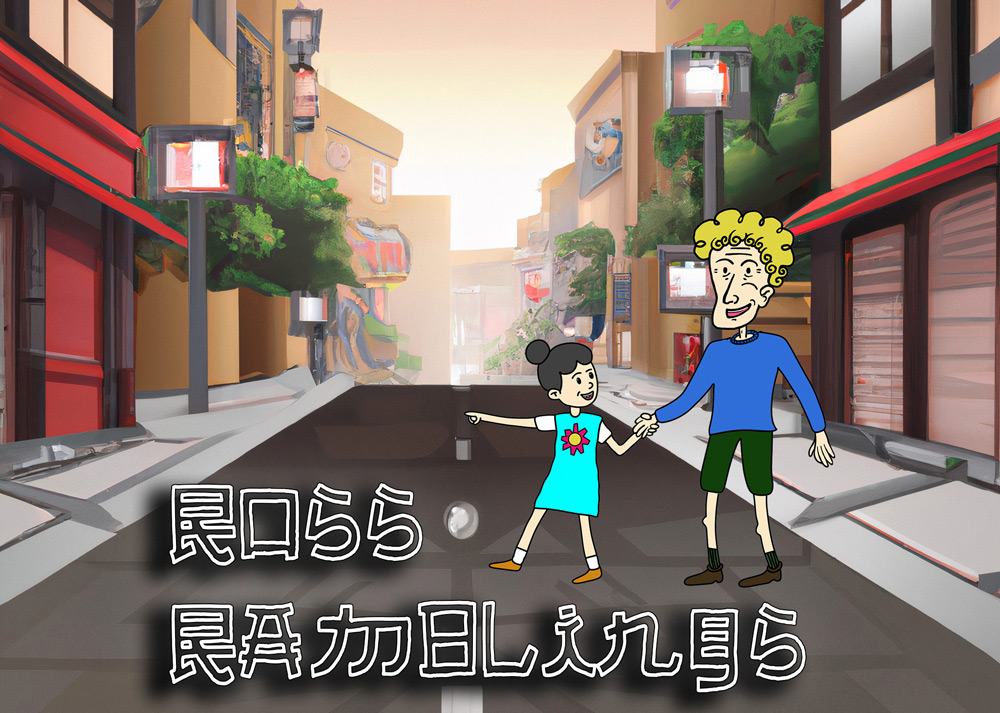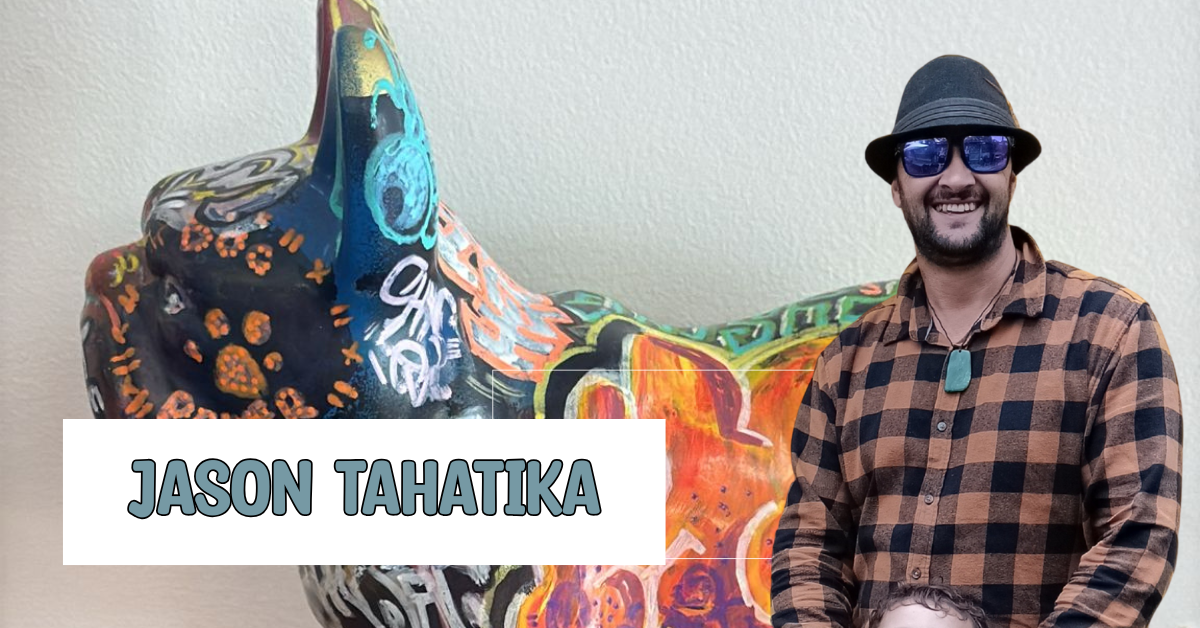
Lowering New Zealand’s voting age to 16 years old could increase
young people’s political education, representation, and engagement in issues that affect them.
I used to have a strange kind of superiority complex when it came to voting. The first time I voted in a general election, I took the time to teach myself how voting worked, what I was going to be voting on, and what I wanted to vote. I judged other 18-year-olds so harshly for not voting, and I wouldn’t listen to any excuse. While I still think that in a perfect world everyone would use their vote, I now understand that not every 18-year-old has the time and energy to do so.
The physical action of voting on election day is easy enough, but for first-time voters, the process of voting also involves a substantial amount of research. This means finding accurate, unbiased information on what it means to vote, how to vote, and who to vote for. On top of this, most 18-year-old Kiwis are busy moving out of home, beginning tertiary study, finding a part-time job, and/or learning a trade. According to the Electoral Commission website, only 62.73% of eligible 18-24 year old voters are currently enrolled to vote; this is by far the lowest percentage among all age groups listed on the site. I was fortunate when I turned 18 that I had the time to learn about voting in New Zealand, but not everyone has the same privilege.
So what’s the solution? We could simply continue to blame and shame young Kiwis into enrolling; or we could lower the voting age to sixteen. Countries who have lowered their voting age to 16 have experienced a higher voting turn-out, and higher enrollment rates. In 2016, Austria made the change, and after just ten months, improvements were already being seen. An associate professor in the department of government at the University of Vienna, Marcus Wagner, commented on the change, saying:
“It’s not a risky reform and it’s not something that you have to be scared of doing. […] If you have good schools and good education programs, political education programs, it can have a positive impact”.
I believe Wagner is right in his observation that, for 16-year-olds to vote, they need to be educated on politics. I also believe it would be a lot easier to integrate a few modules on the voting system into schools, than it is for young adults to have to teach themselves about the system using online tools or other independent methods. Something I’ve heard a lot is the idea that young people don’t vote because they don’t care about politics. At the tender age of 21-years-old, my experience shows this to be a gross generalisation. I’ve had lengthy conversations with people my age about their complex opinions on social and political issues. When I ask them why they don’t vote on these issues, the general response is a slightly embarrassed, “I don’t know how”. They don’t know what exactly they’re supposed to be voting on. Or they don’t know where to go to vote. Or they don’t know which parties will truly follow through on their policies. On top of all this, they don’t know where to go to find out.
I know people in their twenties that still have a case of ‘I never learnt how to vote and now I’m too scared to ask’ syndrome. Entering into the world of voting slowly, and from a younger age, could give young people more time to understand the importance of voting, how to find out which politicians support their views, and how the voting system works. Furthermore, most 16-year-olds are already working part-time jobs, and paying tax. This means taxation without representation, which simply isn’t ethical. I had thoughts and opinions about politics when I was 16. Many of my peers did as well. Just because 16-year-olds aren’t always educated on how to express these opinions in a productive way, doesn’t mean they don’t deserve, or want to. Issues such as living costs and climate change predominantly affect teens and young adults, who are struggling to move out of home for the first time, and struggling with climate anxiety about the future. It makes sense to let 16-year-olds have their say on issues that affect them, and to let them have more time to enter the voting world in a productive way.
Words by Sarah Morcom
Art by Alex Litherland






